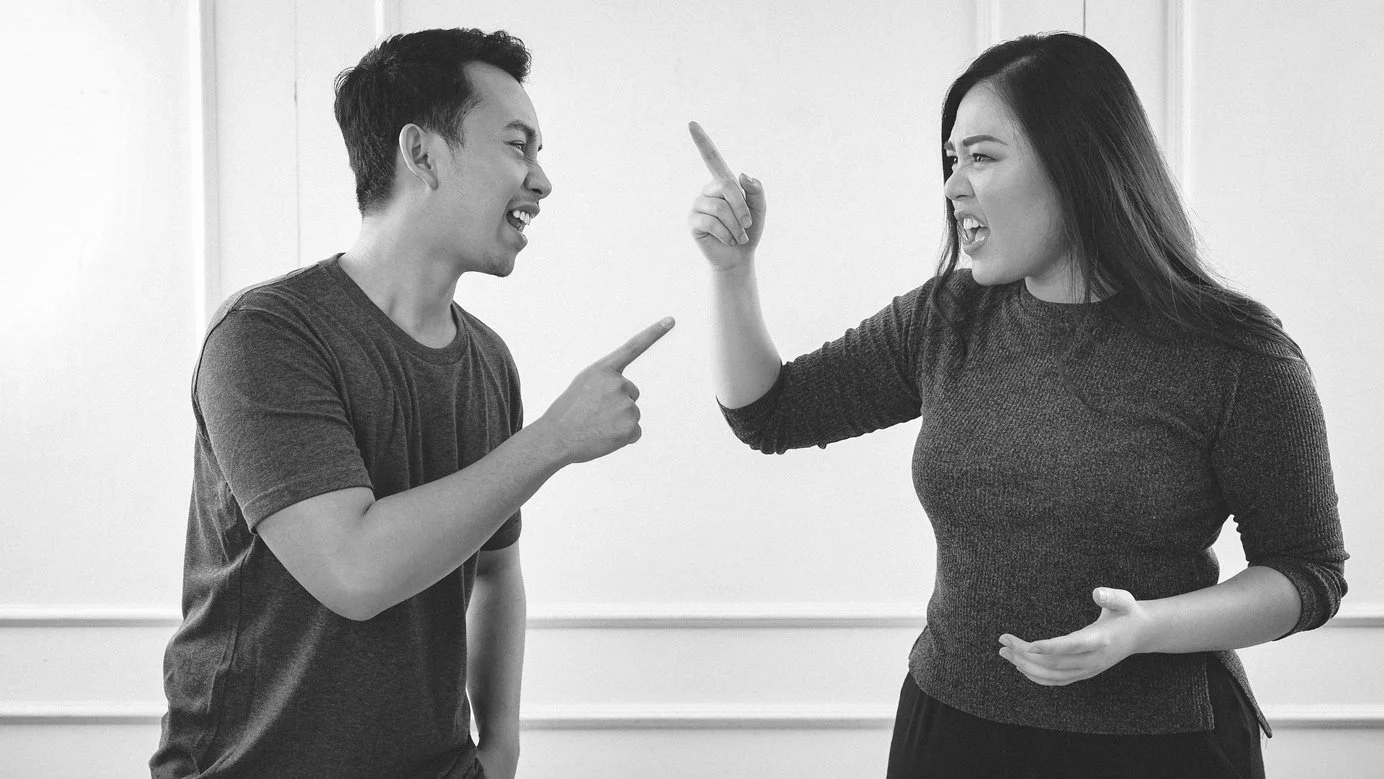INsight/ How to Disagree
/Photo by Afif Ramdhasuma on Unsplash.
Manila, 5 January 2023 — How do you avoid binary bias in handling disagreements?
Story
It happened in 2022. When disagreeing views among government leaders turned into an actual war, it was for many people around the world the most unexpected event of the year. Remarkably, it also led to widespread and persistent speculation by journalists that further conflicts could be just around the corner, especially in Asia. In the media, complex security issues that have long kept evolving over decades were suddenly boiled down to a simple question of whether a further conflict would erupt and if so, when. Many media seemed to speculate on a high risk that another armed conflict would happen.
To me, that kind of simplification came across as an example of binary bias. What does that mean? According to researchers Matthew Fischer and Frank Keil, binary bias happens when we summarize evidence from continuous data (such as in evolving complex situations) by imposing a categorical distinction, with the difference between categories (usually only two) forming the summary judgment. They argue that binary bias distorts how we integrate information. In this case, the proper integration of information about solving complex security issues seemed to get distorted by the media’s single-minded questioning on whether a next conflict would happen. That’s an unhelpful, dumbed-down oversimplification of reality in my view.
What drives binary bias? Adam Grant, an organizational psychologist, believes that it results from lazy reasoning by our brains that are keen to help us reduce complex issues to simple choices. As Grant explains, we can see binary bias play out in politics, at work, and in social media, especially in discussions on emotionally charged issues that people care about deeply. In my reading, when we give in to our tendency for binary bias, we risk shrinking the space for proper discourse and for the creative thinking and learning that we desperately need to generate better solutions together for our complex issues. So how can we avoid or minimize this risk?
Challenge
In my leadership coaching experience, I am seeing the huge challenge we face to bring people together for positive change rather than to create more binary boundaries that drive (and keep) them apart in separate silos and echo chambers. However, with the use of advanced skills, I believe that we can make better use of complexity and avoid the rush to simplify issues and divide people. From my own experience, I see the importance of at least three skills to avoid binary bias and bring people together in dealing with complex issues.
First, to realize that creating distinctions serves a purpose, which is to clarify where people are at on a specific issue. It’s important, however, to remember that closed questions bring clarity, not connection. They will close a conversation rather than open it. Second, to use open questions to open up a space for conversation where people can be curious, review their arguments, and explore creating new possibilities together, even when dealing with complex issues.
Third, to acknowledge people for what they say and do will help to build trust, which in turn can shift people’s thinking from positional to transformational, where it becomes possible to compare interests and discover opportunities for collaboration. Often, that trust-building process can be accelerated when you also share some vulnerability about your own shortcomings, with humility.
Question
What I have noticed is that dealing with differences of opinion and outright disagreements among people can be difficult and exciting. Opening spaces for dialogue and nuanced thinking is truly a leader’s challenge, in my view. It’s a skill we should prioritize in our day and age where disagreements are often handled poorly.
What do you think? How do you avoid binary bias and succeed in bringing people together in conversations that stimulate creative reasoning, even among those who hold strong and different views about issues? That’s my not-rhetorical question to you this week. I’m looking forward to hearing from you.
In Adam Grant’s view, we need to build better skills for practicing ‘arguing to learn’ instead of arguing to win. I would add arguing to collaborate. Being seen as intent to prove your case or to learn together will produce very different reactions in people, according to Grant. The former makes collaborating more difficult. Set up a call if you want to learn how to use advanced leadership skills to avoid binary bias and manage disagreements in your work and life.

